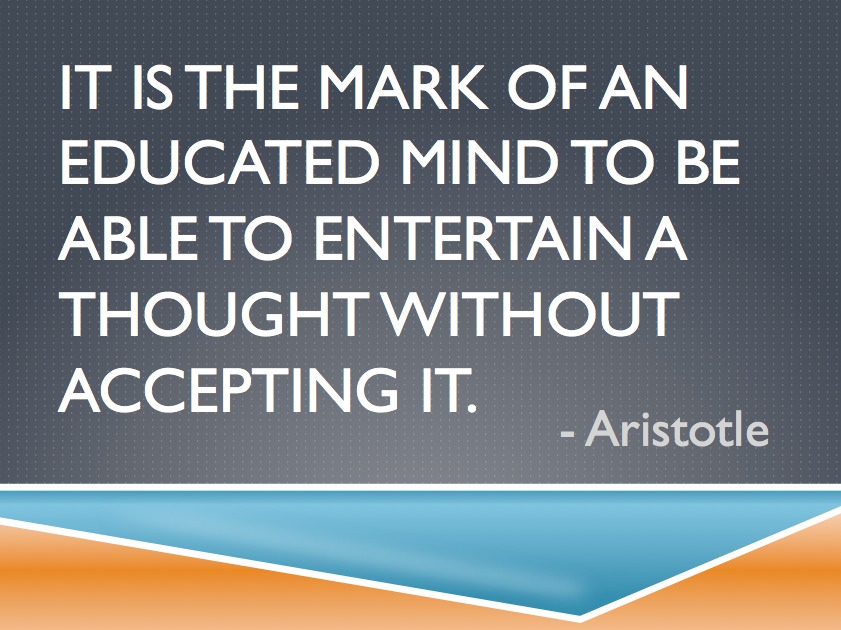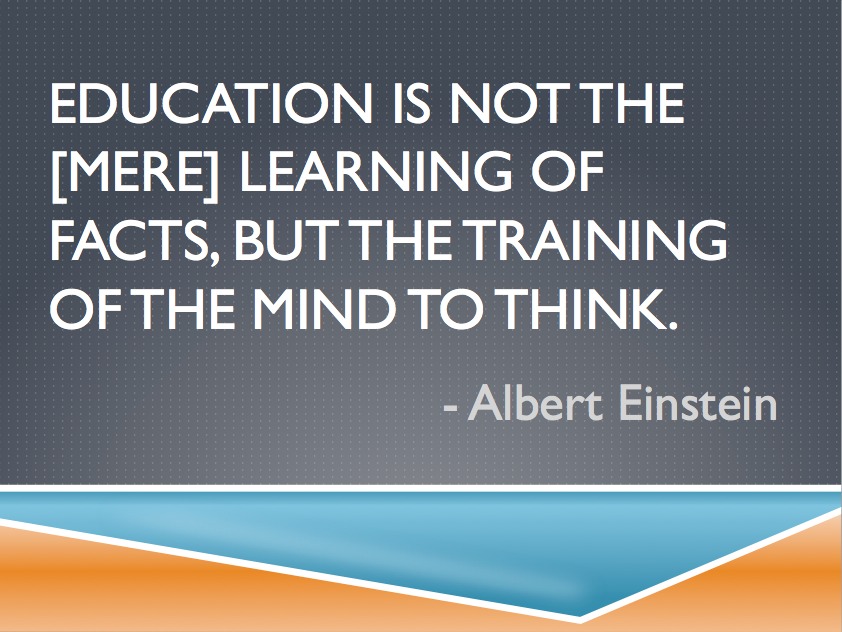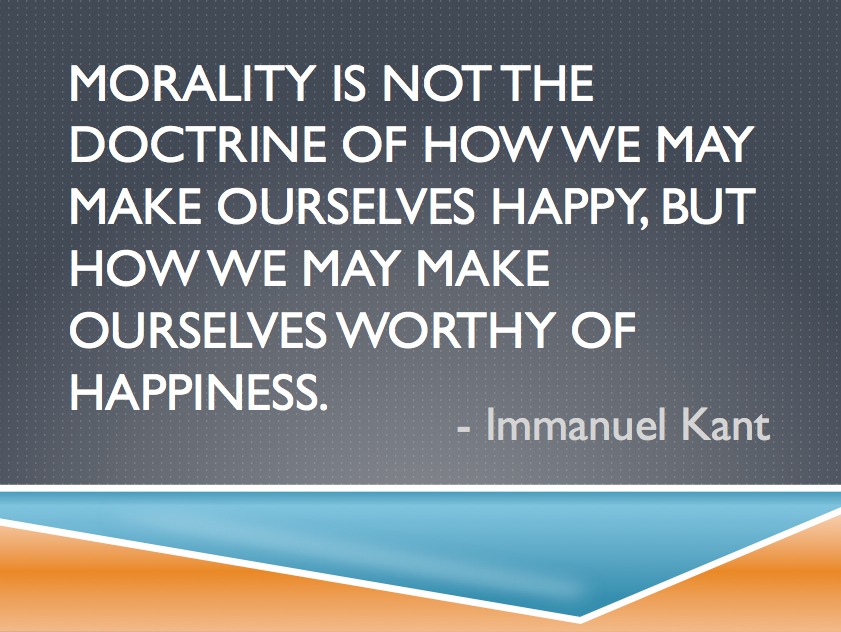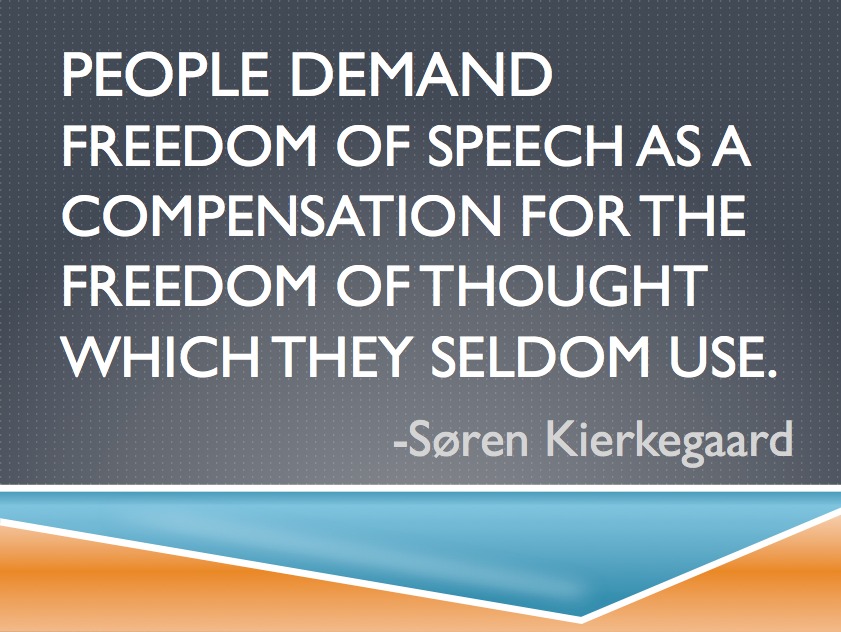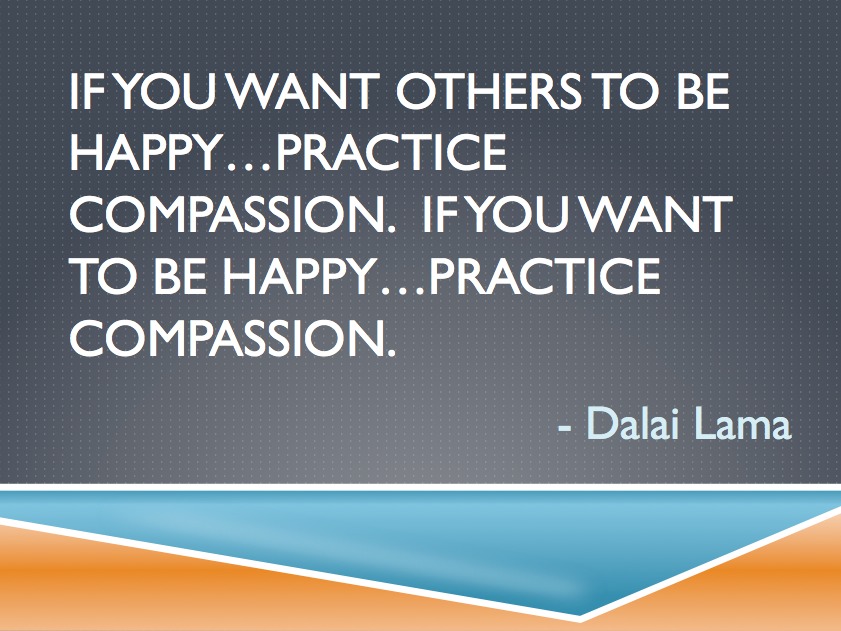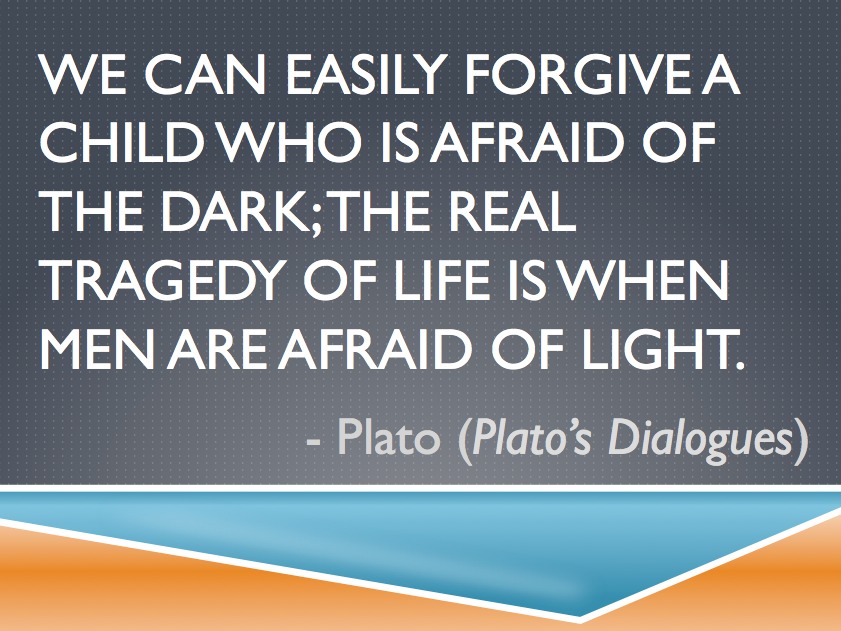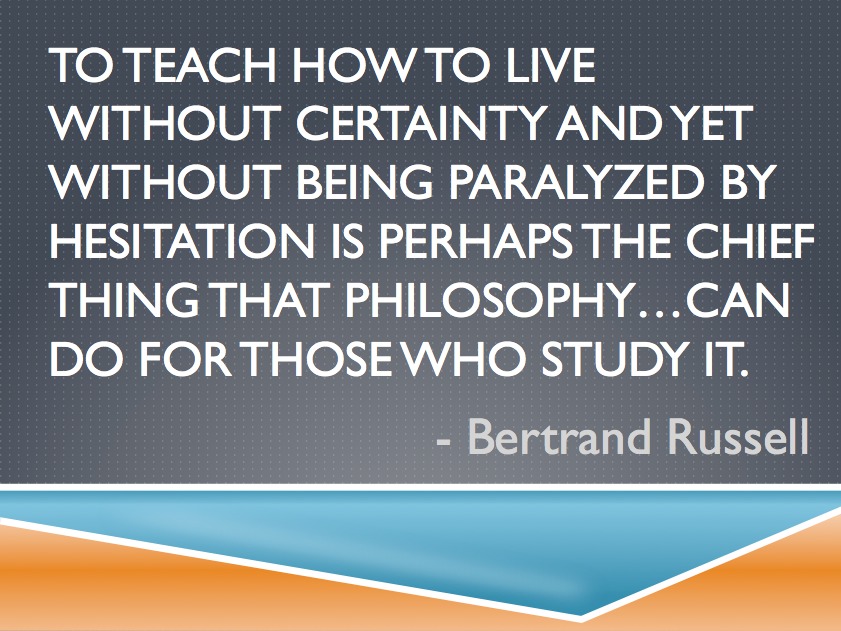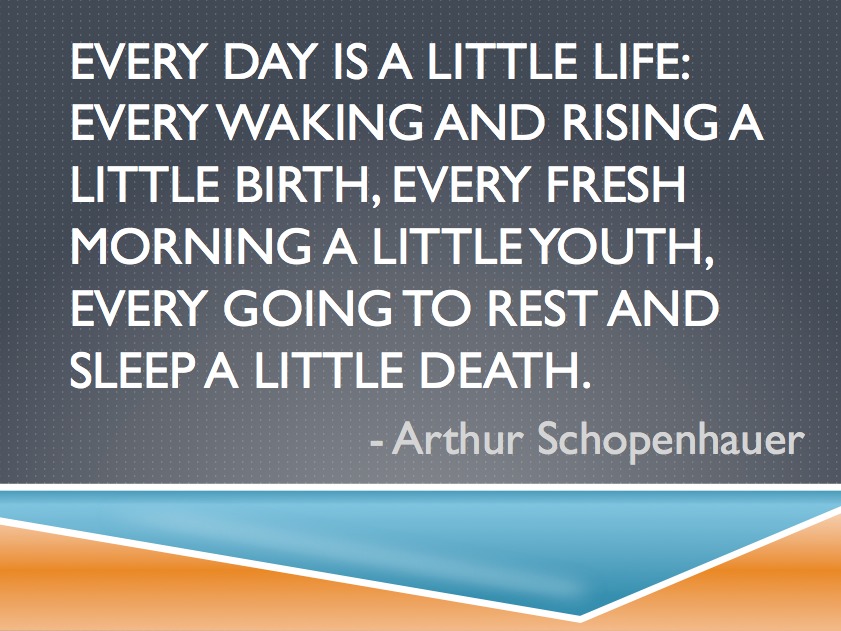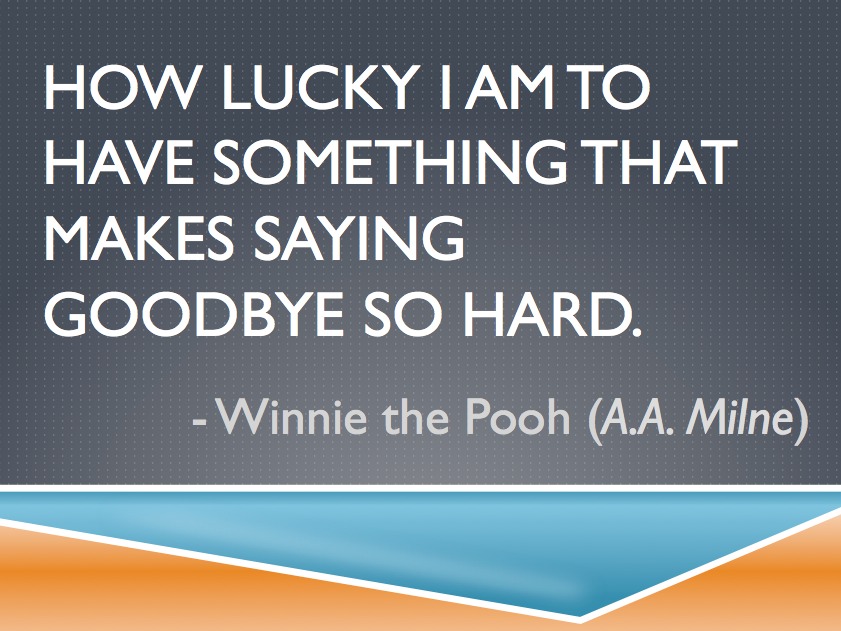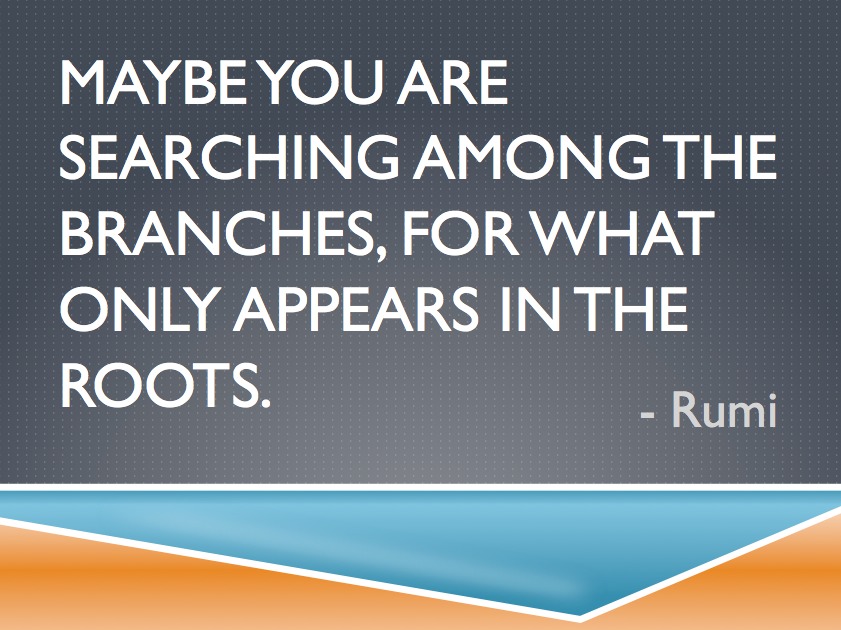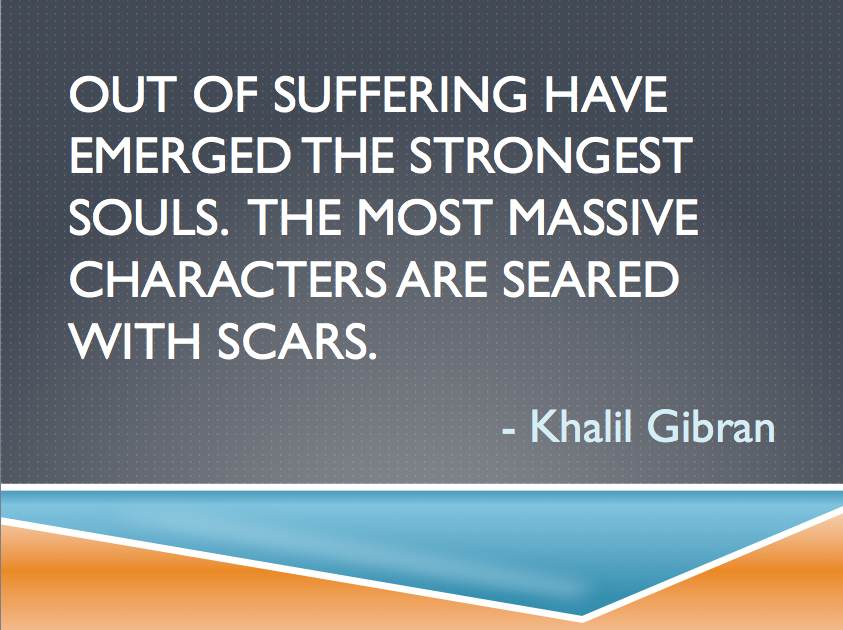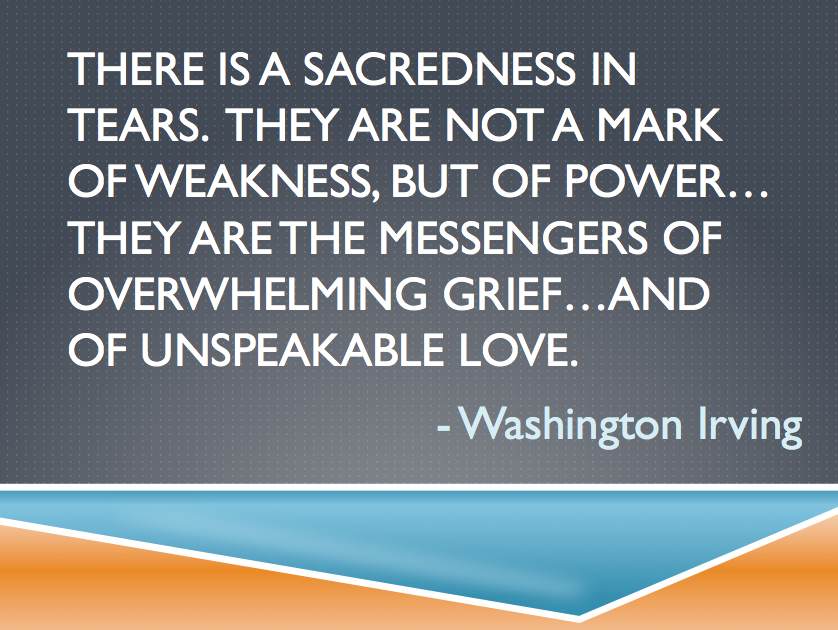 Philosophical Counseling has a deep-rooted history. While it emerged as a field of practice in (roughly) the 1980’s, its origins date back to ancient philosophy via thinkers such as Socrates, Plato & Epicurus. Loosely speaking, philosophical counseling is a movement that consists of several organizations & individuals who share a love of philosophy & a common goal of using philosophy as a means to improve the day-to-day lives of individuals. Its activities are concerned with self-examination & reflection, pursuit of meaning, conflict resolution, conceptual inquiry and a variety of other challenges & conundrums.
Philosophical Counseling has a deep-rooted history. While it emerged as a field of practice in (roughly) the 1980’s, its origins date back to ancient philosophy via thinkers such as Socrates, Plato & Epicurus. Loosely speaking, philosophical counseling is a movement that consists of several organizations & individuals who share a love of philosophy & a common goal of using philosophy as a means to improve the day-to-day lives of individuals. Its activities are concerned with self-examination & reflection, pursuit of meaning, conflict resolution, conceptual inquiry and a variety of other challenges & conundrums.
The practical value of philosophical counseling hinges on the belief that philosophy can be used to help people think through their problems & achieve a healthier, happier & more meaningful (deeply satisfying) state of being.
What Are Philosophical Practitioners?
Philosophical practitioners in the field of philosophical counseling can take two forms: practitioners that are referred to as ‘philosophical counselors’ and practitioners that are referred to as ‘philosophical consultants.’ Philosophical counselors hold a minimum of an M.A. in a mental health area, are licensed in the state in which they practice & are trained/certified in a modality of philosophical practice (e.g., Logic-Based Therapy). Philosophical consultants hold a minimum of an M.A. in philosophy & are trained/certified in a modality of philosophical practice (e.g., Logic-Based Therapy). Ultimately, whether you are a philosophical counselor or a philosophical consultant, the value of philosophical practice hinges on the belief that philosophy can be used to help people think through their problems and achieve a healthier, happier & more meaningful (deeply satisfying) state of being. Learn more about philosophical practitioners & their scope of practice.
How Can Philosophical Practitioners Help?
Generally speaking, all philosophical practitioners aim to help individuals cultivate important skills & dispositions that clear the way for better decision-making and behavior & contribute to an improved quality of life. A critical part of this process includes helping individuals identify & reject false, unreasonable and/or counterproductive beliefs & assumptions that contribute to negative feelings and behaviors and develop healthier ways of thinking (new patterns of reasoning and responding). Philosophical counseling services can include (but are not limited to) challenges related to quality of life & happiness, struggles with loss, change & grief, and issues concerning death & dying, and more. Philosophical Practitioners can help you find your way with philosophy if you are:
- Searching for clarity
- Looking for deeper meaning
- In need of perspective
- Wanting to find a better way
- Need help facing your challenges
- Wanting to explore options
- Having difficulty dealing with change
- Need to reduce your stress
- Grieving the loss of a loved one
- Looking for solutions
- Need help developing discipline
- Searching for self-fulfillment
- Coming to terms with death
- And much more…
Learn more about about what philosophy is and how it can help you here!
Is It the Same as Psychological Counseling?
Philosophical counseling (and consultation) & psychological counseling overlap in a variety of areas. Both have therapeutic aims, encourage self-examination & utilize many of the same techniques. In addition, philosophical activity in general is a psychological activity. That is, in order to think philosophically, psychological operations such as attention, concentration, & memory (among other things) come into play. Both forms of therapy can (and should) inform one another (i.e., the insights of philosophy and its techniques can benefit psychology and vice-versa). That said, while philosophical counseling (and consultation) is related to psychological counseling, it differs in some very important ways. According to the National Philosophical Counseling Association, for example, some of the most important differences are:
- Philosophical practitioners (counselors & consultants) examine & explain mental processes and behaviors in terms of epistemic justification (i.e., how/what do you feel/believe & is what you feel/believe justified?). Psychological counselors examine & explain mental process and behaviors in causal terms (i.e., how/what do you feel/believe & what is the cause of your feelings/beliefs).*
- Philosophical practitioners (counselors & consultants) utilize different diagnostic criteria than psychological counselors. Psychologists refer primarily to the APA Diagnostic & Statistical Manual (the most recent version is the DSM-V) for their assessment of cognitive-behavorial disorders. Philosophical practitioners use a variety of assessment criteria as well, but all such criteria are related to the assessment of reasoning (e.g., are there false assumptions or fallacies present in an individual’s thinking that might be contributing to her angst, depression, fear, anxiety, etc.?).*
- Philosophical practice (counseling & consultation) is a humanities-based discipline, while psychological counseling is a social-science based discipline. This means that each form of therapeutic practice proceeds from and offers a different perspective. Philosophical practitioners (counselors & consultants) focus on the epistemic justification of an individual’s beliefs (i.e., a Socratic dialogic investigation) while psychological counselors focus on the causal relationships of a person’s mental processes (i.e., a scientific investigation).*
*Philosophical practitioners who are ‘philosophical counselors’ may also refer to the DSM-V & causal-based explanations for their assessment criteria.
To learn more about the similarities & differences between philosophical counseling & consultation and psychological counseling visit the National Philosophical Counseling Association website.
Please note, we do not offer philosophical counseling but would be happy to connect you with some of our philosophical practitioner colleagues who reside out of state but offer distance counseling.








